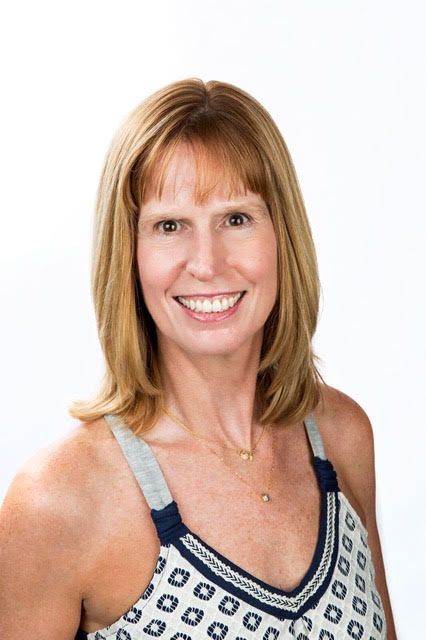Article
Women's History Month: Q&A with Rheumatologist Silvia Ross, M.D.
Author(s):
To celebrate Women’s History Month, we’re featuring important female figures in rheumatology. In this Q&A with Silvia Ross, M.D., F.A.C.R., managing partner of Triangle Arthritis & Rheumatology Associates, Raleigh, North Carolina, and co-chair of Global Affairs for the Association of Women in Rheumatology, we focus on her work history, her accomplishments, and her future.
Dr. Silvia Ross

To celebrate Women’s History Month, we're featuring important female figures in rheumatology. In this Q&A with Silvia Ross, M.D., F.A.C.R., managing partner of Triangle Arthritis & Rheumatology Associates in Raleigh, North Carolina, and co-chair of Global Affairs for the Association of Women in Rheumatology (AWIR), we focus on her work history, her accomplishments, and her future.
Can you tell us about your work history?
I’m originally from Brazil, was born and raised there.
I finished medical school in Brazil (Universidade Federal do Paraná in Brazil, 1985), we have a six–year medical school, straight out of high school. After that, I went to Chicago, Illinois, for internship and residency. I did my residency at Michael Reese Hospital (no longer exists, sadly, great program), and I was the last rheumatology fellow of the combined program between Michael Reese Hospital and the University of Chicago.
Once I finished my fellowship, we moved to North Carolina (1991). Originally, I joined a group of rheumatologists/allergists in Raleigh for three years. During that time, we also had an academic appointment from the University of North Carolina, and taught residents at Wake Med.
In 1994, my partner and I decided to open our own practice, Triangle Arthritis & Rheumatology Associates, which we continue to run. Last year was our 25th anniversary. In 1999 we hired a third rheumatologist. Currently, we are three rheumatologists and two non-physician providers. I am the managing partner of the practice.
What is your area of interest?
After nearly 30 years in practice, I see just about everything. Private practice allows for a great variety, which is what I really like.
It is good to have straight forward cases, and also some challenging cases, at times. It is interesting to find unusual diseases once in a while. I like the “detective” aspect of being a rheumatologist. I love taking a good history, doing a thorough exam, and finding that little detail that others missed, that may allow for a diagnosis. It is just fun. I love educating patients, getting them to help themselves.
What challenges do you face in practice today?
I greatly resent the intrusion of electronic health records and insurance/government requirement for documentation of unnecessary things that just get in the way of good patient care. I use remote scribes (I actually wear a Google Glass, and my scribes watch/listen to my visits remotely and document while I see the patients - I correct/double check notes at the end of the day).
The requirements for extensive documentation of irrelevant information and the volume of data generated has created an impossible situation for physicians, who now spend an average of two hours of computer time for every one hour of actual patient care time.
Technology has always been fascinating to me, and I have historically been the computer nerd in the practice. Nowadays I delegate a lot of it, as life has become a bit too busy.
See next page: "The Future"
Dr. Ross has served as principal or co-investigator in multiple clinical studies over the years. She is a Medical Advisor for the Arthritis Foundation Triangle Leadership Board.
When AWIR was formed, I was actively involved very quickly, initially as a local chapter leader, and in 2019 I became part of the board of directors, and was named chair of global affairs, as AWIR expanded internationally. Currently, I’m co-chair of global affairs. I share the position with Dr. Thaila Ramanujam from California.
In addition to the clinical work, I have been a speaker for multiple pharmaceutical companies, mostly because I love to teach, and love to do the programs. I have also been on multiple advisory boards over the years.
What does the future hold for you?
I want to continue providing my patients with the best possible care and I hope to remain involved in the AWIR Global affairs, as I really enjoy meeting rheumatologists throughout the world, and helping empower women and improve the specialty and patient care. But then, balance is important, and I plan to travel for fun, and enjoy my family and friends. I have a wonderful physician’s assistant, who has been key in my ability to travel this much since my assignment with AWIR. I have a wonderfully supportive husband, three great daughters, one of whom is soon to follow my steps (second year medical resident, loves rheumatology).




